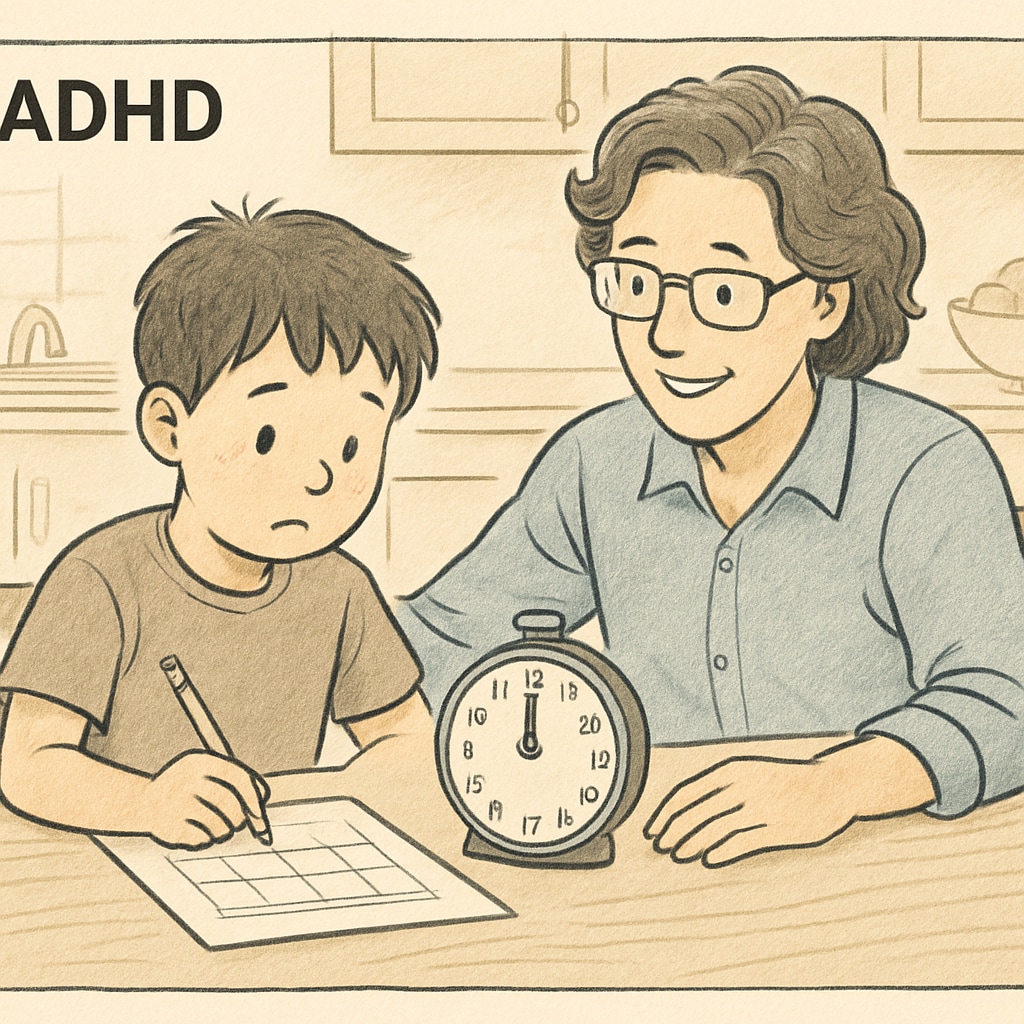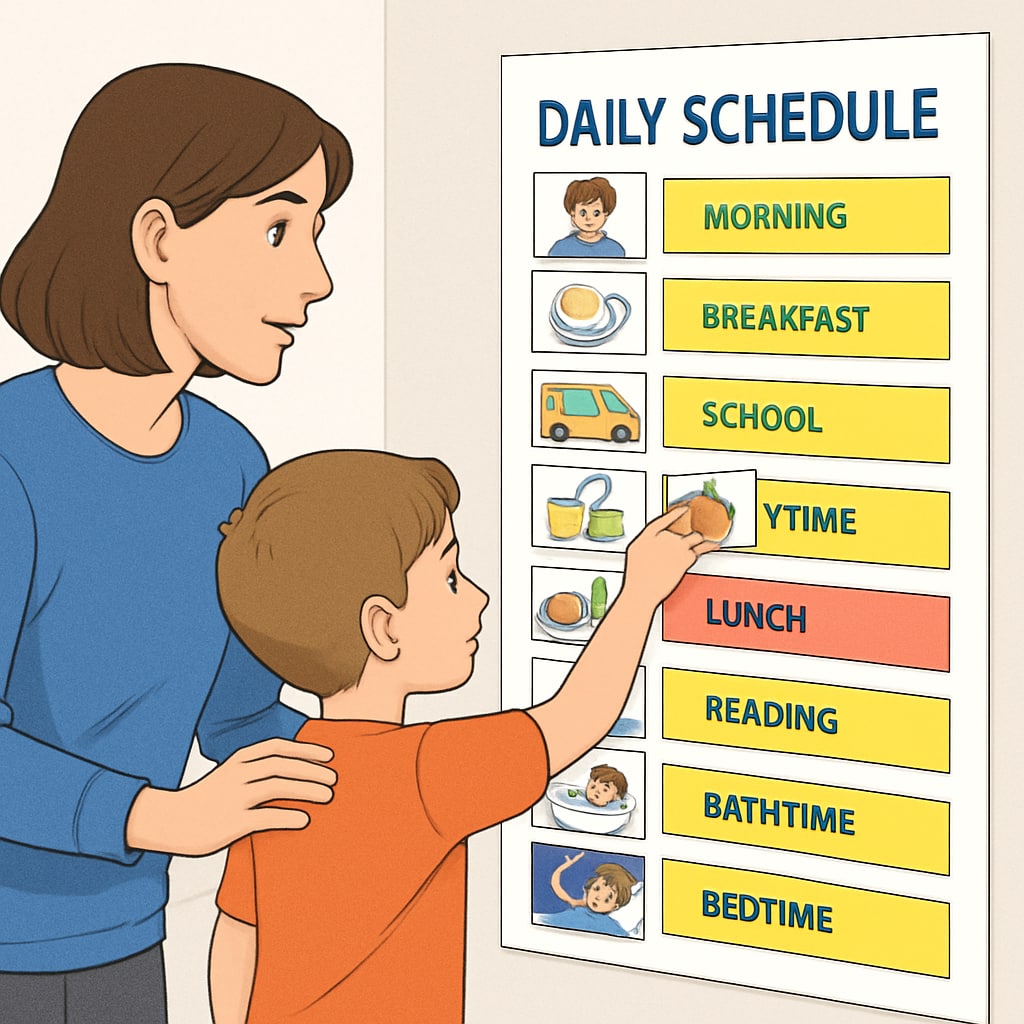Children with special needs, such as those diagnosed with ADHD (Attention Deficit Hyperactivity Disorder) or ASD (Autism Spectrum Disorder), often face unique challenges in developing executive function skills. Executive function refers to a set of cognitive processes that include working memory, flexible thinking, and self-control. These skills are critical for academic success, problem-solving, and everyday life management. In this article, we explore strategies to foster executive function development and outline ways families can provide meaningful support to help children overcome these challenges and unlock their potential.
Understanding Executive Function and Its Role in Special Education
Executive function encompasses a range of high-level cognitive abilities that enable individuals to plan, focus attention, manage tasks, and regulate emotions. For children with ADHD or ASD, these skills may develop more slowly or present differently compared to neurotypical peers, leading to difficulties in areas like time management, impulse control, and organization.
In the context of special education, addressing executive function deficits is vital. Schools often integrate Individualized Education Programs (IEPs) or 504 Plans to tailor learning strategies for these children. However, parents’ involvement at home is equally important. By reinforcing these skills in daily routines, families can create a consistent environment that promotes growth.

Practical Strategies for Developing Executive Function Skills
Building executive function skills in children with special needs requires patience, creativity, and consistency. Here are some actionable strategies parents can implement:
- Use Visual Schedules: Visual aids help children understand the structure of their day. Charts, calendars, or apps can provide reminders for tasks and transitions.
- Break Tasks into Smaller Steps: Large tasks can feel overwhelming. Breaking them into manageable chunks makes them more approachable and less stressful.
- Encourage Self-Monitoring: Teach children to reflect on their actions and outcomes. For example, after completing homework, ask them how they felt about their focus and effort.
- Practice Role-Playing: Use role-play scenarios to teach problem-solving and decision-making skills. This can improve their ability to adapt to unexpected situations.
- Create a Distraction-Free Zone: Designate a quiet, organized space for homework or reading to help children concentrate and avoid unnecessary distractions.
Implementing these strategies consistently can lead to gradual improvements, empowering children with the tools they need to succeed in various settings.

The Role of Families in Supporting Special Needs Children
Parents play a critical role in nurturing their child’s executive function development. Beyond implementing strategies, emotional support and encouragement are equally important. Here are some ways families can provide effective support:
- Model Positive Behaviors: Demonstrate planning, organization, and emotional regulation in your own actions. Children often learn by observing adults.
- Celebrate Small Wins: Acknowledge and celebrate progress, no matter how small. Positive reinforcement helps build confidence and motivation.
- Communicate with Educators: Maintain open communication with teachers and therapists to align strategies and track progress.
- Encourage Breaks: Allow regular breaks during tasks to prevent frustration and maintain focus. Short, structured breaks can rejuvenate a child’s energy.
- Practice Patience: Growth may be slow and uneven. Offering patience and understanding can help children feel supported and less pressured.
By creating a supportive and structured environment, families can act as a bridge between a child’s unique challenges and their potential for success.
Long-Term Benefits of Executive Function Development
While progress in executive function development may take time, the long-term benefits are profound. Improved executive functioning enhances a child’s ability to manage schoolwork, build relationships, and navigate daily life independently. Moreover, these skills contribute to self-esteem and resilience, equipping children with the confidence to face future challenges.
For example, a child who learns to use a planner today may develop the habit of time management that serves them in college or a career. Similarly, practicing emotional regulation can improve interpersonal relationships and reduce anxiety over time. By investing in these skills early, families set the stage for a brighter and more fulfilling future for their children.
In Conclusion: Supporting children with ADHD or ASD in developing executive function skills is a collaborative effort between families and educators. With practical strategies, consistent reinforcement, and emotional support, these “unique geniuses” can overcome obstacles and thrive in their own way. As parents, your role in this journey is invaluable, and the rewards of seeing your child grow and succeed are immeasurable.
For more detailed information on executive functions and their role in special education, visit resources like Wikipedia’s Executive Functions Page or Britannica’s Executive Function Overview.


